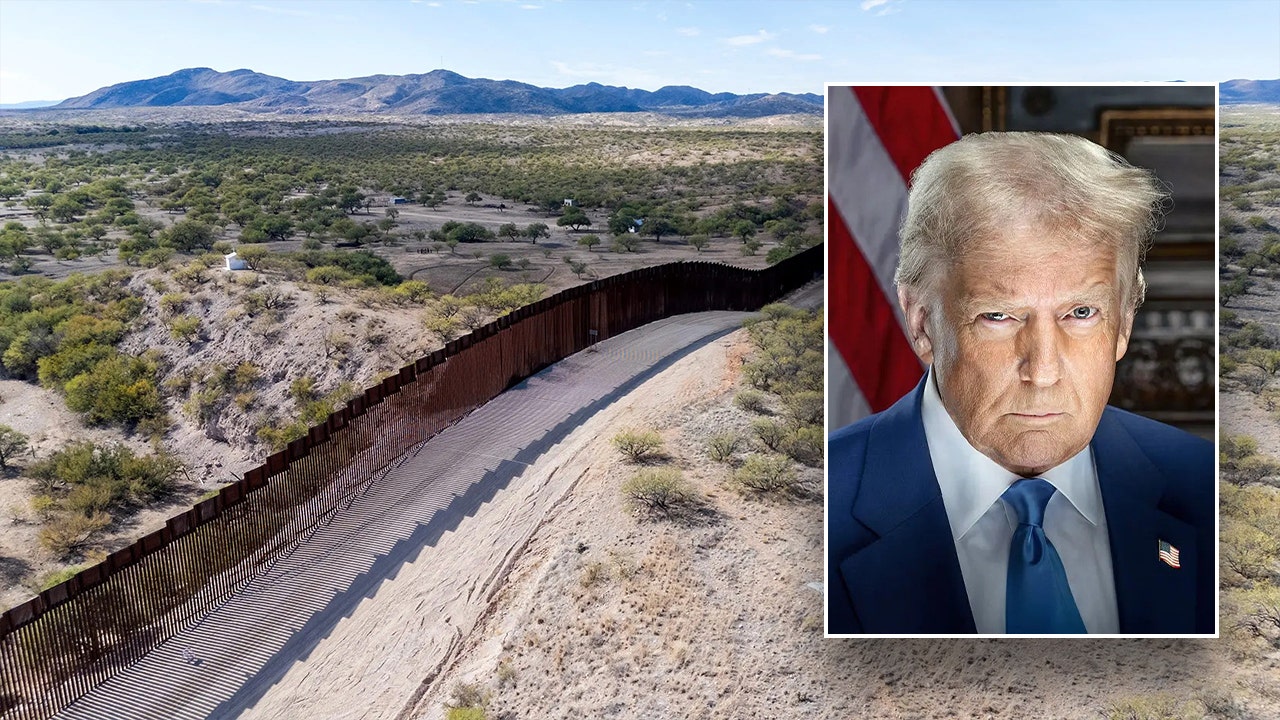New Sanctions Target Deadly CDN Cartel: A Comprehensive Overview
The Trump administration has taken a bold step in the fight against drug cartels operating along the southern U.S. border. Recently, the Treasury Department’s Office of Foreign Assets Control (OFAC) implemented new sanctions on high-ranking members of the Cartel del Noreste (CDN), labeling these measures as a “full-frontal assault” on one of the deadliest criminal organizations, according to local border officials.
Who Are the Targets?
The recent sanctions specifically target two prominent figures within the CDN: Miguel Angel de Anda Ledezma and Ricardo Gonzalez Sauceda. Both Mexican nationals are now under strict restrictions that block all property and interests they possess within the United States, or that are in the control of U.S. nationals.
This action follows a significant designation by the Department of State earlier this year, which labeled CDN as one of eight cartels recognized as “foreign terrorist organizations.” This classification adds further legal tools for the U.S. government to combat their activities.
The Aggressive Strategy of the Trump Administration
During the announcement of these sanctions, Treasury Secretary Scott Bessent emphasized the administration’s goal of eliminating cartel influence and strengthening border security. He stated, “We will hold these terrorists accountable for their criminal activities and abhorrent acts of violence," highlighting the violent tactics employed by CDN, which include intimidation, kidnapping, and terrorism.
The ongoing threat from these cartels has been a pressing concern for local law enforcement and the communities living near the southern border. Paul Perez, leading the National Border Patrol Council chapter in the South Texas Rio Grande Valley, has noted that, despite previous successes in reducing illegal crossings, the sophisticated methods of these cartels remain a significant danger to American citizens.
The Cartels’ Evolving Tactics
According to Perez, the CDN is not merely a street gang; rather, it operates with high levels of organization and sophistication. These groups have increasingly turned to advanced technologies, such as drones, to enhance their illegal activities. This modernization poses a greater challenge for law enforcement efforts, as cartels not only smuggle drugs but also engage in human trafficking.
Moreover, Perez stresses that the cartels have a firm grip on resources and routes, enabling them to operate with near-impunity in Mexico. Their violent conflicts often spill over the border, creating an environment where the safety of U.S. citizens is jeopardized as they flee law enforcement or rival factions.
Methods of Violence and Intimidation
The CDN, like other major cartels, has a notorious reputation for extreme violence. Paul Perez describes their tactics as grotesque, including acts such as beheadings and kidnappings. This brutal behavior poses a constant threat not only to rival gang members but to innocent civilians as well.
Comparing CDN to other infamous organizations like the Sinaloa cartel, Perez highlights how they are all part of a larger network engaged in trafficking drugs—including dangerous substances like fentanyl—and people across borders. Their operations contribute significantly to the ongoing drug crisis affecting American communities.
The Impact of Sanctions
The sanctions imposed on CDN’s leadership may create a destabilizing effect known as a power vacuum, leading to internal conflicts within the cartel. Historically, such disruptions can sap the strength of an organization, ultimately hindering its operations.
According to Perez, this could serve as a significant blow to the cartel’s capabilities. He remarked, “The cartels are definitely going to feel it. It’s a full-frontal assault from the United States.” This sentiment echoes the broader strategy of the Trump administration, which seeks to aggressively confront cartel operations to ensure the safety of U.S. citizens.
Political Implications
The Trump administration’s approach represents a stark contrast to previous policies under the Biden administration. As Perez pointed out, the renewed focus on border security and cartel accountability is part of a broader pledge by President Trump to protect American citizens from threats posed by these organizations.
On the campaign trail, Trump made these issues a central promise, emphasizing that he would not back down from confronting the cartels. “We want to decimate the cartel activity that’s going on in the United States,” Perez added, affirming support for the administration’s aggressive stance.
Moving Forward
The stakes are high as the administration intensifies its efforts against the cartels. The combination of strategic sanctions and increased law enforcement activities represents a comprehensive approach to combating the complex challenges posed by these organizations. The effectiveness of these measures will likely be monitored closely, not just by law enforcement agencies, but by communities living in the shadows of cartel violence and intimidation.


